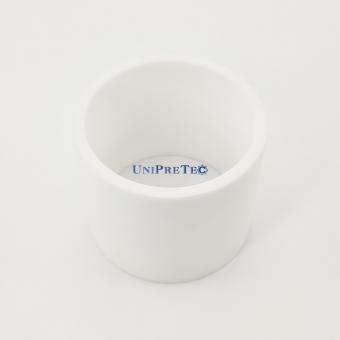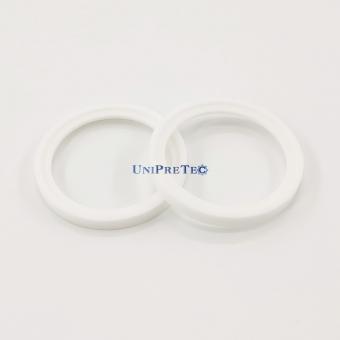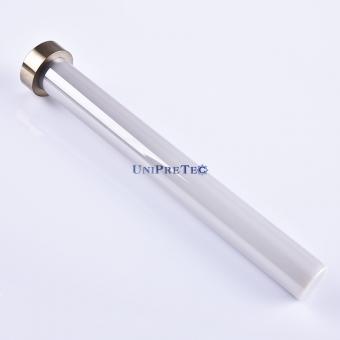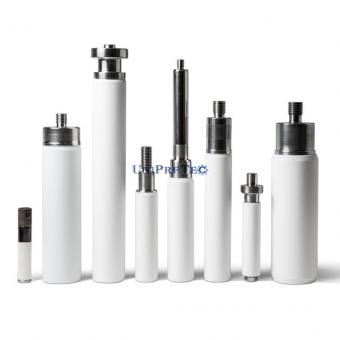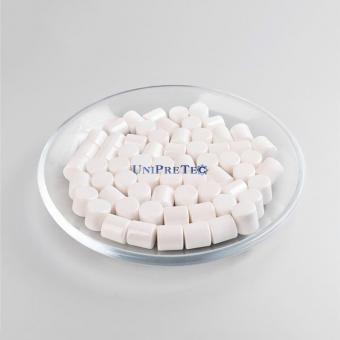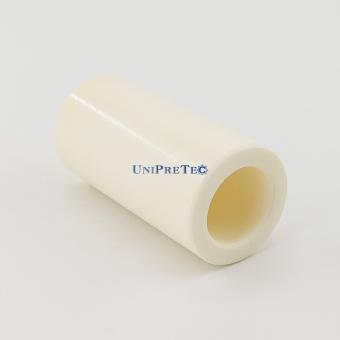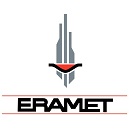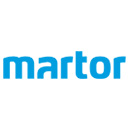Technical Ceramics Materials could replace metal and plastic as a material for high-tech components in many applications. But some designers and developers still have prejudices against the powerful material that has high temperature and corrosion resistance and can be economically processed thanks to modern processes such as injection molding and hybrid technology. The company UNIPRETEC reveals the potential of technical ceramics.
Whether as a rolling bearing for wind turbines, as a controller housing in household appliances, as piezoceramic sensor elements or as an insulating component in the lambda probe of a vehicle - products made of technical ceramics can meet designers and developers from different areas. Where other materials often reach their limits in sophisticated technical solutions, technical ceramics are the ideal material. With its favorable properties such as temperature resistance, dimensional stability, low wear and good electrical insulation, it is far more often predestined as a substitute for metal and plastic as many are aware. Thanks to advanced shaping processes such. With the ceramic injection molding complex geometries can now be realized. In addition to design advantages, this process also offers economic benefits in mass production.
Especially for reasons of cost, ceramics have hitherto been not much considered as a material for technical components. This is mainly due to the fact that there is different knowledge about the possible applications of the material by designers and developers and that numerous prejudices about ceramics are common. People normally says "Technical ceramics are expensive and break - we are always struggling with this prejudice."
Man should judge the technical ceramics more differentiated. It always depends on the specific form and the particular application. In the following content, misunderstandings about the high-performance ceramics will be dispelled and their properties will be clarified.
Misunderstanding 1: technical ceramics break easily
Flexural strength, compressive strength and critical stress intensity factor are the main indexes that describe the strength of ceramics. The critical stress intensity factor ("K1c") indicates how high the stress of a material may be before critical crack growth is generated. This material constant is therefore a measure of the tension that the ceramic still withstands before brittle fracture occurs. For aluminum titanate, the K1c value is at 1 MPa √m and in the yttria-stabilized zirconia is 8 MPa √m. In simple terms, it can be stated that materials with a high K1c value are highly resistant to the so-called "crack propagation".
The flexural strength is a value for the stress in a bent-stressed, elaborately prepared sample bar which, if exceeded, breaks. Thus, flexural strength is a material characteristic used to estimate the strength of ceramic materials. The bending strength of alumina, a commonly used ceramic material, is up to 580 MPa at a temperature of 25 °C; That of zirconium oxide is even 1000 MPa. In comparison, high-performance plastic Polyethylene (PEEK) has a flexural strength of up to 170 MPa and standard structural steel (S235JR) of 180 MPa.
Misunderstanding 2: technical ceramic components are more expensive
More production process steps of technical ceramics are necessary, which can generally lead to a higher unit price than comparable components made of plastic or metal. However, the initial cost of producing a ceramic product is a bit higher, but in the production process it becomes apparent that the integral effort is often absolutely comparable. Ceramic components are not only more efficient, but also more durable and therefore longer in life. The failure rate, for example, on machines is lower with ceramic components and maintenance is also reduced.
Related reading:Alumina Ceramic,Cordierite Ceramic






